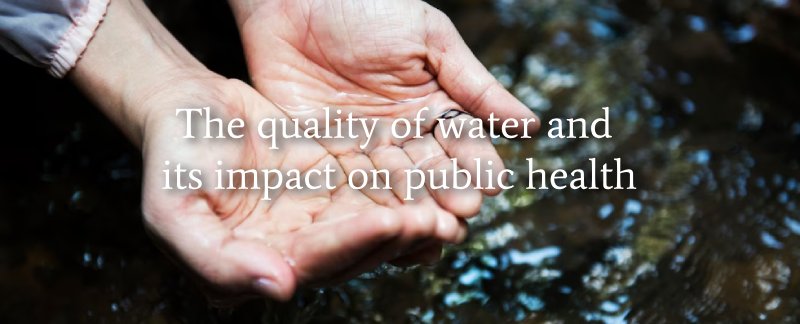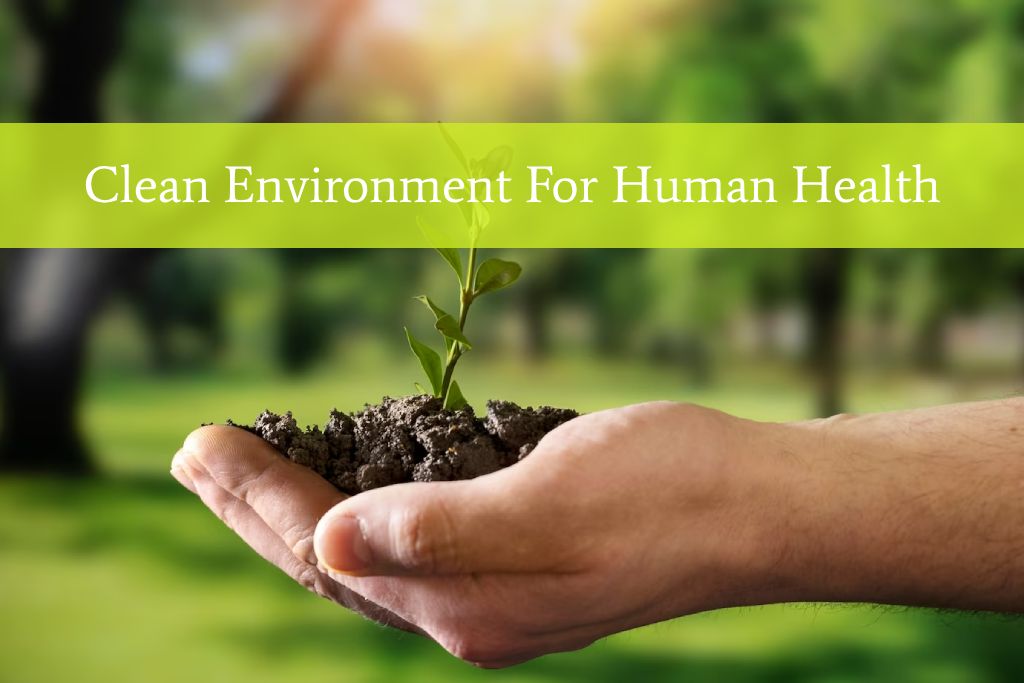A clean environment (Fostering a Clean Environment for Optimal Human Health) isn’t merely an aesthetic or ecological concern; it stands as a linchpin in preserving human health. The quality of the air we breathe, the water we drink, and the places we inhabit directly shape our physical well-being. In this article, we’ll delve into the profound connection between a clean environment and human health, underlining the far-reaching implications for individuals and society as a whole.

Air Quality and Respiratory Health
Clean air stands as a fundamental prerequisite for healthy living. Contaminated air, laden with particulate matter, chemical toxins, and pollutants, exacts a toll on respiratory health. Here’s why this issue holds such gravity:
- Respiratory Diseases: Impaired air quality ranks among the primary culprits behind respiratory ailments, encompassing asthma, bronchitis, and chronic obstructive pulmonary disease (COPD). Particulate matter and noxious agents agitate air passages, sparking inflammation and worsening these conditions.
- Heightened Mortality: Sustained exposure to polluted air has been irrefutably linked to heightened mortality rates. It can exacerbate existing health conditions, even prematurely claiming lives.
- Childhood Development: Children emerge as particularly vulnerable to the perils of air pollution. Exposure during pivotal developmental phases can engender lifelong health complications, including compromised lung function.

The quality of water and its impact on public health
The quality of water and its ramifications for public health weigh heavily:
- Waterborne Diseases: Diminished water quality paves the way for the proliferation of waterborne diseases like cholera, dysentery, and typhoid. Intruders such as bacteria, viruses, and chemicals pose a direct menace to public health.
- Lead Contamination: The infiltration of lead into drinking water can culminate in lead poisoning, especially in children. Even minute levels of lead exposure can trigger developmental and cognitive impairments.
- Long-term Health Impacts: Prolonged exposure to water contaminants can amplify the likelihood of chronic health conditions, comprising cancer and cardiovascular diseases.
Mental Health and Well-being
A clean environment doesn’t solely impact physical health; it also leaves an imprint on mental well-being:
- Nature’s Therapeutic Influence: Natural, pristine settings have demonstrated their prowess in diminishing stress and anxiety levels. Accessibility to green spaces can nurture mental health and cultivate a sense of well-being.
- Environmental Stressors: Conversely, polluted and deteriorating environments can contribute to mental health issues. Noise pollution, for instance, has been associated with heightened stress levels and a diminished quality of life.
Proactive Measures
- Environmental Oversight: Stringent environmental regulations and policies constitute indispensable tools in pollution control and safeguarding human health. Advocacy for cleaner industrial practices and emissions management assumes pivotal significance.
- Individual Endeavors: Curtailing personal carbon footprints, conserving resources, and endorsing sustainable practices collectively contribute to a cleaner environment and enhanced public health.
- Green Oasis Creation: The establishment and preservation of urban green spaces hold the potential to enhance air quality, endorse physical activity, and augment mental well-being.
Preserving Human Health Through Environmental Vigilance
A clean environment isn’t a luxury; it’s a fundamental pillar of human health. The air we breathe and the water we drink have a direct impact on our well-being, while our surroundings significantly affect our mental state. Recognizing the intricate connection between a clean environment and human health is crucial.
It necessitates collective action, ranging from individuals embracing eco-friendly practices to policymakers implementing stringent environmental regulations. Only by actively safeguarding our environment can we ensure a healthier and happier future for both current and upcoming generations. This vital endeavor stands as a shared responsibility, emphasizing the need for a clean, sustainable environment to promote the well-being of all.






